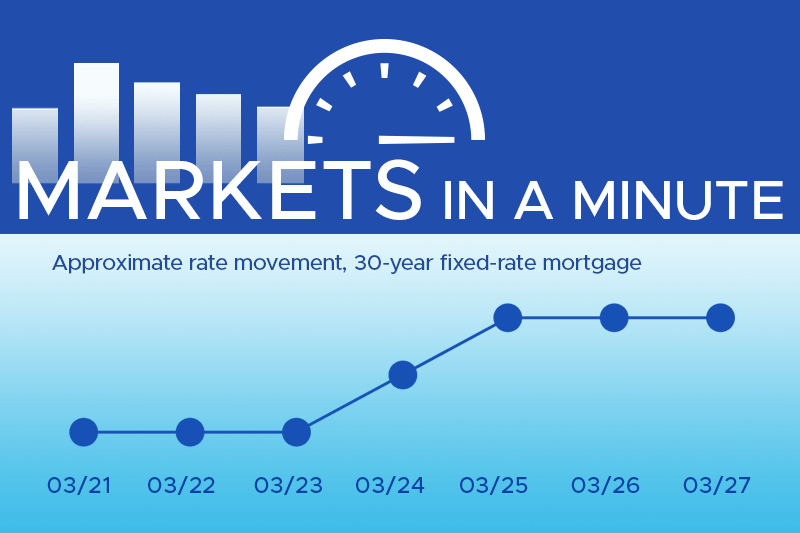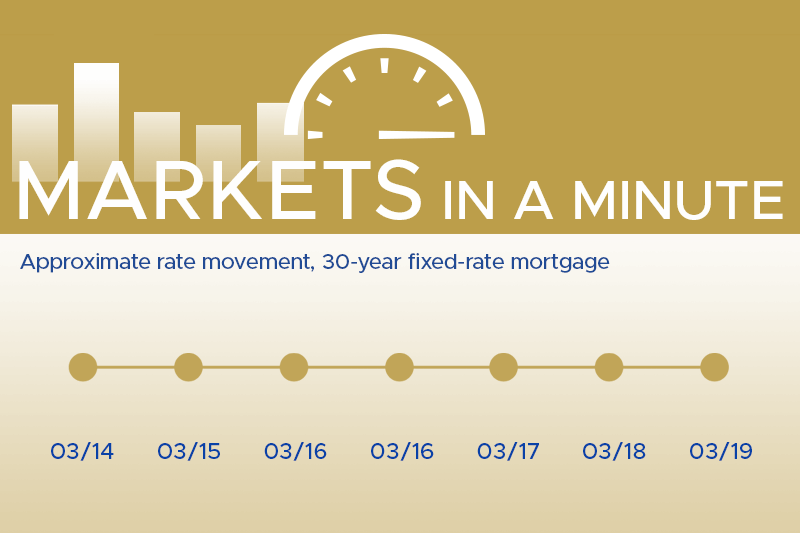At Thompson Kane, we stay ahead of shifting market trends so you don’t have to.…
Mortgage Rate Lock Strategies: When and Why to Lock Your Rate
When you’re shopping for a home, one of the biggest uncertainties is how mortgage rates may change before you close on your loan. A mortgage rate lock can protect you from fluctuating rates, giving you peace of mind and financial stability as you finalize your home purchase. At Thompson Kane, our experienced loan officers are here to guide you through rate lock strategies, ensuring you understand how to use this powerful tool to your advantage.

What Is a Mortgage Rate Lock?
A mortgage rate lock is a commitment from your lender to hold a specific interest rate for you over a designated period—typically 30 to 60 days—while you complete the steps to close your loan. During this period, even if interest rates rise, your locked rate remains unchanged.
This is especially valuable in a volatile market where rates can shift quickly. However, rate locks are not indefinite. If your loan closing takes longer than the lock period, you might face additional costs to extend the lock or be subject to current rates.
At Thompson Kane, we work closely with borrowers to help them navigate rate locks and minimize surprises.
How Mortgage Rate Locks Work
The rate lock process starts when your lender offers you a rate. Once you agree to lock that rate, the terms are secured for the duration of the lock period. Some lenders may also offer a float-down option, which allows you to take advantage of lower rates if they drop during the lock.
Understanding your loan’s timeline and market trends can help you determine the best rate lock period and features. For instance, a 30-day lock might be sufficient for a quick closing, while a 60-day lock provides more flexibility for complex transactions.
When to Lock Your Mortgage Rate
Knowing when to lock your mortgage rate can make a significant difference in your home financing journey. Here are key scenarios when locking is a smart move:
- You’re Confident About Closing Soon: If your loan application and home purchase details are finalized, locking your rate protects you from unexpected increases before closing.
- Market Rates Are Rising: If economic forecasts or market trends suggest interest rates will climb, locking now can save you money over the life of your loan.
- You’ve Found a Comfortable Rate: Refrain from applying for new credit close to your mortgage application.
- You Want Financial Stability: For buyers on tight budgets, even a slight increase in rates can affect affordability. Locking your rate provides the certainty you need to move forward confidently.
When Might It Make Sense to Wait?
While rate locks are a valuable tool, there are times when it may be better to wait.
- Falling Rates: If rates are trending downward and you’re not in a rush to close, you might consider holding off.
- Uncertain Timelines: If your closing date is far off, locking prematurely could lead to costly extension fees later.
In these cases, working closely with your lender to analyze market conditions can help you make an informed decision.
Secure Your Future with Confidence
A mortgage rate lock can offer security and predictability in the homebuying process. By protecting you from rate increases, it ensures you can focus on finding the perfect home without worrying about shifting financial terms.
At Thompson Kane, our loan officers are here to help you evaluate your rate lock options and determine the best strategy for your needs. Don’t leave this critical decision to chance—reach out to our experts today and gain peace of mind on your path to homeownership.




